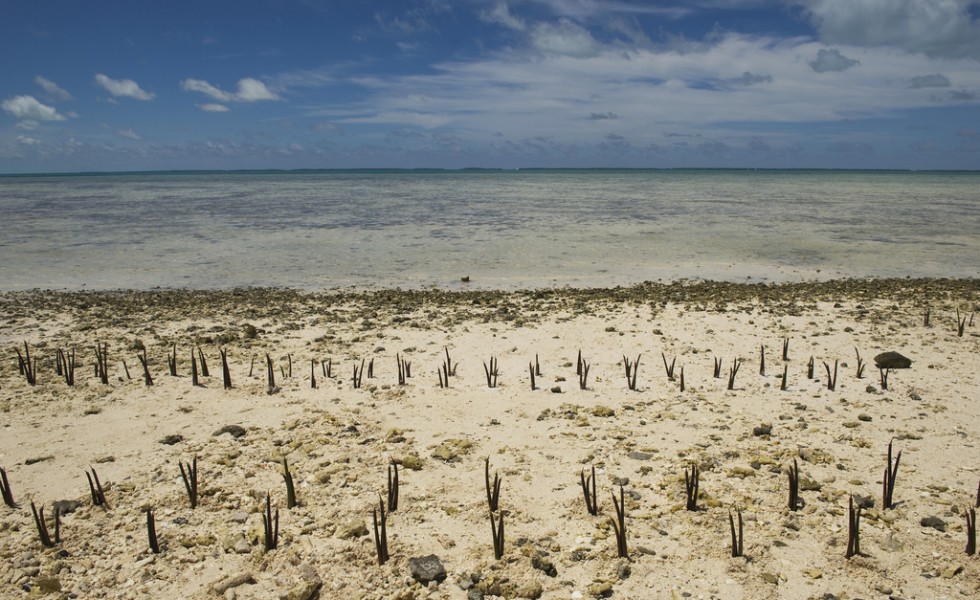Welcome to the Fight; Now Get in Line
Posted on January 2, 2020

After 38 years in journalism, some events still cause shock. Many center on public officials holding private meetings where a “just-us-insiders” intimacy affords all a “better understanding”—read total control—of their policy initiatives.
Sorry (not sorry), but public policy doesn’t work that way. There’s no room for secrecy when public officials spend public money to promote legislation affecting the public.
Still, public officials, and, too often, journalists, continue to violate that basic rule. On Dec. 9, Politico published a 5,500-word story on how today’s masters of the Big Ag universe met in a “closed-door meeting” last June in a “wood-beamed barn in Newburg, MD” to discuss an “issue so politically toxic” that the “guest list was confidential” and “no press was allowed.”
The reason for the secrecy was, in a word, change. The time had come for U.S. agriculture’s “A-list” farm and food leaders, including “three secretaries of agriculture,” to agree that climate change was real and government action was needed to slow its rising impact on agriculture.
But they couldn’t be seen doing it in the open, reported Politico’s Helena Bottemiller Evich. The “veil of secrecy attested to just how sensitive the topic” was to these “largely conservative farmers and ranchers and lobbying behemoths” who had engaged in an open, bare-knuckled brawl against climate change’s very existence for decades.
The fact-laden story can be read both as a hopeful, “Hey, we’re in the game now!” piece on how the nation’s biggest farm groups appear ready to tackle climate change and as a lengthy “Hey, where have you been?” history of Big Ag’s foot-dragging and denial.
The foot-dragging angle is far more believable because it happened. The hopeful angle is far less believable because no featured person or group in the Politico piece offers one, tangible policy idea to tackle climate change to advance at either the local, state or national level.
In fact, the biggest of the Big Ag masters at the invitation-only meeting, U.S. Secretary of Agriculture Sonny Perdue, couldn’t even say the words “climate change.” According to Evich, Perdue “…did not refer to climate change or talk about paying farmers for carbon sequestration or offer a list of things his department would do to help.”
Others quoted were equally obtuse in what they were there to do. One noted that “It takes a lot of leadership and a little bit of culture change to talk about it,” “it” being climate change.
Given Perdue’s empty rhetoric, the well-meaning farmer would have been more accurate had he said, “It takes a lot of culture change and a little bit of leadership to talk about it.”
What’s even more troubling than the meeting’s secrecy, however, is its selective guest list. How is it that “about” 100 U.S. farm and food leaders and politicians—who chose not to be publicly seen or heard uttering the two, most dangerous words in American agriculture, climate change—now plan to be seen and heard as climate change leaders?
And, if so, why did they first have to meet secretly to get their story straight before advocating—after decades of stonewalling and overt denial—that now is the time for taxpayers to pay them to do the right thing?
How about doing the right thing because it’s the right thing to do?
Sorry, not sorry, but the politically powerful groups that sent representatives to the “secret conclave”—including the American Farm Bureau Federation, U.S. Farmers and Ranchers Alliance, the U.S. Department of Agriculture, and Congress—don’t get to dictate climate change policy anymore.
In fact, they’ve been doing that far too long already.
Instead, if they want to join the fight, they should join the ongoing fight—publicly, monetarily, and at the ballot box. What they shouldn’t do is meet behind closed doors to plan how to seize climate change’s high ground so they can drive the policy that most favors them.
Besides, the high ground is already mostly gone. Yeah, climate change.
(c) 2019 ag comm
Share This